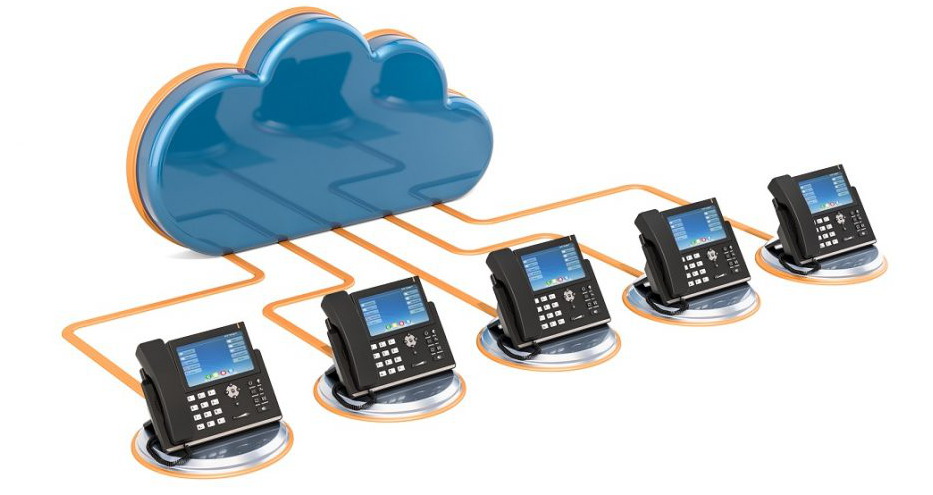
IP Telephony (VoIP)
Here, we will not delve into what telephony is or its importance in today's business. Instead, we will only provide you with a short list of the advantages of IP telephony compared to analog and digital telephony.
What is VoIP?
VoIP is a technology for transmitting voice and video packets over a computer network. VoIP technology allows us to make telephone calls using the internet. This technology is also called Internet Telephony.
Why should we use VoIP?
One of the main reasons users choose this service is the low cost of calls; it does not require additional network cabling for telephony. It also has a wide range of functional capabilities, which is evident in its ability to integrate with other systems. A computer network is needed to establish a connection between VoIP subscribers. As a rule, in this case, the connection is free, not counting the internet service fee. In VoIP technology, the concept of a 'busy line' does not exist. This is because its data is transmitted in packets and not via physical telephone channels, as is the case with analog and digital telephony.
What is the quality of VoIP?
The quality of the voice service provided via VoIP depends on the audio codecs, network speed, and the load on the connection channel during the conversation. The traffic for a single voice call requires very few network resources and does not exceed tens of kilobits, which is negligible given the resources of today's network technologies.

As with all other internet technologies, security is a crucial issue in VoIP technology. It is also important to maximize the use of its multifunctional and broad capabilities to improve business processes.
Let's start a relationship